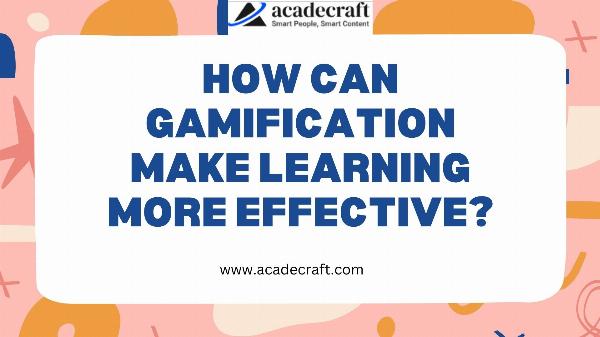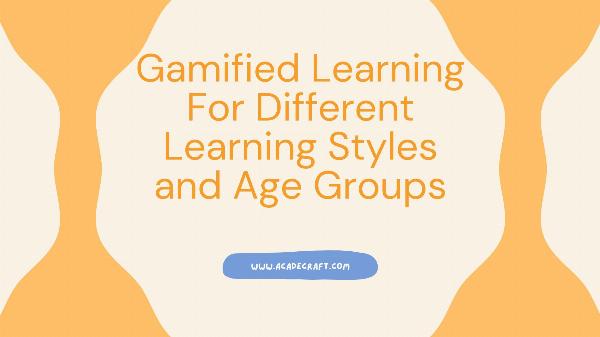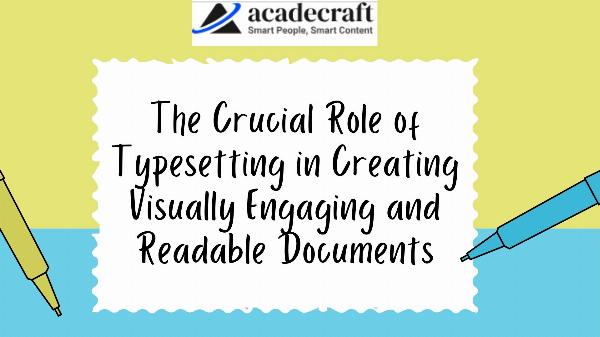Creative Curriculum Lesson Plans Encourages Problem Solving Skills Among Students

Strong 8k brings an ultra-HD IPTV experience to your living room and your pocket.
In today's ever-evolving world, rote memorization and standardized tests are no longer enough. That research-based approach to early childhood education goes beyond traditional methods, fostering a love of learning and equipping young minds with the essential skill of problem-solving. Traditional curriculum approaches often focus on rote memorization and standardized testing, leaving little room for fostering these essential skills. The Creative Curriculum, however, offers a refreshing alternative. This innovative approach to lesson planning emphasizes hands-on activities, open-ended exploration, and collaboration, creating a fertile ground for students to develop their problem-solving prowess.
The Core of the Creative Curriculum
The Creative Curriculum centers around the concept of exploration and discovery. Children are encouraged to engage with their environment actively, asking questions, experimenting, and making connections. This hands-on approach fosters curiosity and a natural desire to solve problems.
Here's how the core principles of the Creative Curriculum translate into problem-solving skills:
Planning: Activities are designed to encourage children to daily lesson plan their approach before tackling a challenge. For example, building a block tower requires students to think about the base, the order of the blocks, and how to ensure stability. This planning translates into the ability to approach problems strategically in later life.
Experimentation: The Creative Curriculum provides opportunities for trial and error. Through exploration, children learn to test different solutions, observe the results, and adapt their approach. It fosters a growth mindset, where challenges are seen as opportunities to learn and improve.
Collaboration: Many Creative Curriculum activities involve working in small groups. Students learn to share ideas, negotiate solutions, and celebrate each other's successes.
Examples of Problem-Solving in Creative Curriculum Lesson Plans
The beauty of the Creative Curriculum lies in its flexibility. Problem-solving is embedded across various subjects and activities, making learning engaging and relevant.
Here are some examples for creative curriculum lesson plans:
Science Exploration: During a water play activity, children might encounter challenges like building a boat that floats or creating a water channel that doesn't leak. Through trial and error, they experiment with different materials and techniques, developing problem-solving skills applicable to future scientific endeavors.
Dramatic Play: Role-playing scenarios in a pretend grocery store or restaurant require students to think on their feet. They might face problems like running out of pretend food items or figuring out how to handle a demanding "customer." These situations encourage creative solutions and foster critical thinking.
Block Building: Building with blocks allows children to experiment with balance, weight distribution, and spatial relationships. Challenges like constructing a tall tower or a bridge that can support weight require problem-solving skills that translate to future math and engineering concepts.
The Teacher's Role in Fostering Problem-Solving
While the Creative Curriculum provides a framework, teachers play a crucial role in facilitating problem-solving. Here are some strategies which can employ in customizable teacher planner:
Open-Ended Questions: Instead of providing answers, teachers can ask questions for critical thinking. For example, instead of telling a child how to fix a leaky boat, a teacher might ask, "What can you add to your boat to keep the water out?"
Observation and Encouragement: Teachers can observe how children approach challenges and offer encouragement without providing solutions. It allows students to build confidence in their problem-solving abilities.
Providing Diverse Materials: Offering a variety of materials during open-ended activities allows students to explore different solutions. That encourages creativity and critical thinking.
Debriefing and Reflection: After an activity, teachers can facilitate discussions about the challenges encountered and the solutions found. It helps students solidify their learning and develop metacognition, the ability to reflect on their thinking process.
The Benefits of Problem-Solving Skills
Equipping young learners with problem-solving skills goes far beyond academic success. These skills benefit them in various aspects of life:
Increased Confidence: Successfully solving problems builds self-esteem and a sense of accomplishment. Children become more confident in their ability to tackle challenges.
Resilience: Problem-solving involves setbacks and failures. The Creative Curriculum encourages perseverance and the ability to learn from mistakes, fostering resilience in young learners.
Adaptability: In today's rapidly changing world, the ability to adapt to new situations is crucial. By learning to solve problems creatively, children develop the skills they need to thrive in a dynamic world.
Lifelong Learning: The Creative Curriculum fosters a love of learning and a curiosity about the world. Children who develop strong problem-solving skills are more likely to become lifelong learners.
Conclusion
The Creative Curriculum is more than just a set of lesson plans; it's a philosophy of education that empowers young learners to become creative problem-solvers. By fostering a love of learning, encouraging exploration, and providing opportunities to tackle challenges, the Creative Curriculum equips children with the skills they need to thrive in the 21st century. As these young learners become future leaders, their ability to think critically, adapt to change, and solve problems creatively will leave a lasting impact on the world.
Note: IndiBlogHub features both user-submitted and editorial content. We do not verify third-party contributions. Read our Disclaimer and Privacy Policyfor details.







